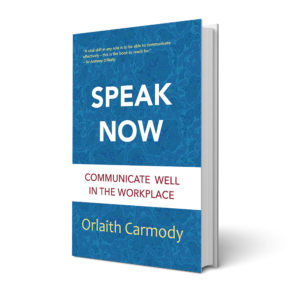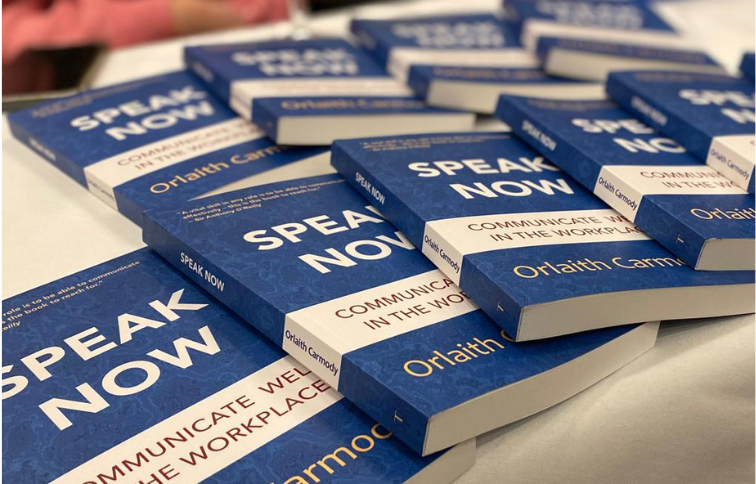Coachable Moments – How to spot them and run with them.
I have often run half-day training programmes for managers who want to learn a bit about coaching techniques.
Not everyone has the time to undertake a full coaching diploma, but everyone can learn how to hold a coaching conversation; to take a more collaborative approach to problem solving, finding solutions and giving direction in the workplace.
The kind of things we cover are understanding the business case for coaching – why this style of leadership is a fit for our times. We look at the potential impact of a coaching style on self-direction, satisfaction, engagement and retention. And we talk about spotting coachable moments and opportunities, and having the tools to maximise them.
It is all to play for, when you think about it, with the benefits to be found in happy co-workers who know how to get on with each other and get things done.
If there is a problem brewing, or a project is stuck, or a new colleague is swamped, our instinct is often to start telling everyone what to do. But the thing is, most of us don’t like being told what to do, and may well just back up and do nothing. We prefer to work things out for ourselves, and in that way take ownership of the decision and the subsequent outcomes.
You know when the intern comes to you and says “I have this problem, it’s all going wrong, it’s such a mess, what should I do?” And you say, “That’s not a problem at all, just do this and this and it will all be ok.” A quick fix, but is it actually ok? Maybe not. Maybe the intern now feels a bit foolish because he thought it was a problem, but it seems it wasn’t really a problem at all.
What if you responded “What do you think you should do?” And gave him the opportunity to come up with a solution?
What if you took the time to spend a few minutes working through the options available, so that he made the best decision on the action to take? He is now learning to think for himself, and to self-direct, rather than just to ask for an instruction every time there is a problem, taking up a lot more time in the long run.
Coaching is all about asking questions; the kind of questions that will allow someone to come at the issue in a new way, and to achieve the satisfaction of finding their own solution, and the impetus to get on with things that comes with that clarity.

From: Speak Now. Communicate Well in the Workplace.
Order your copy here


Recent Comments